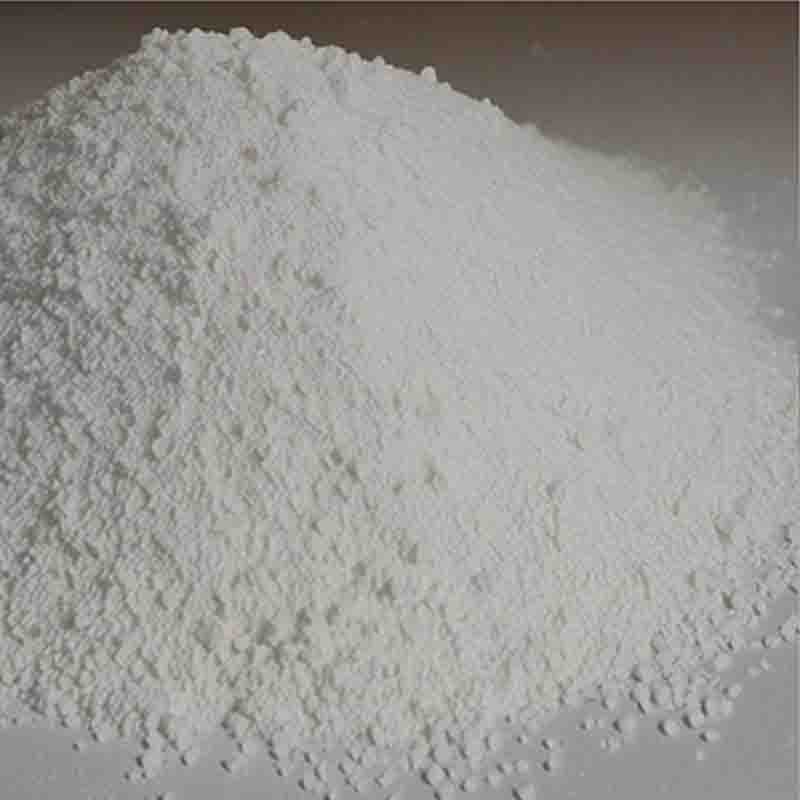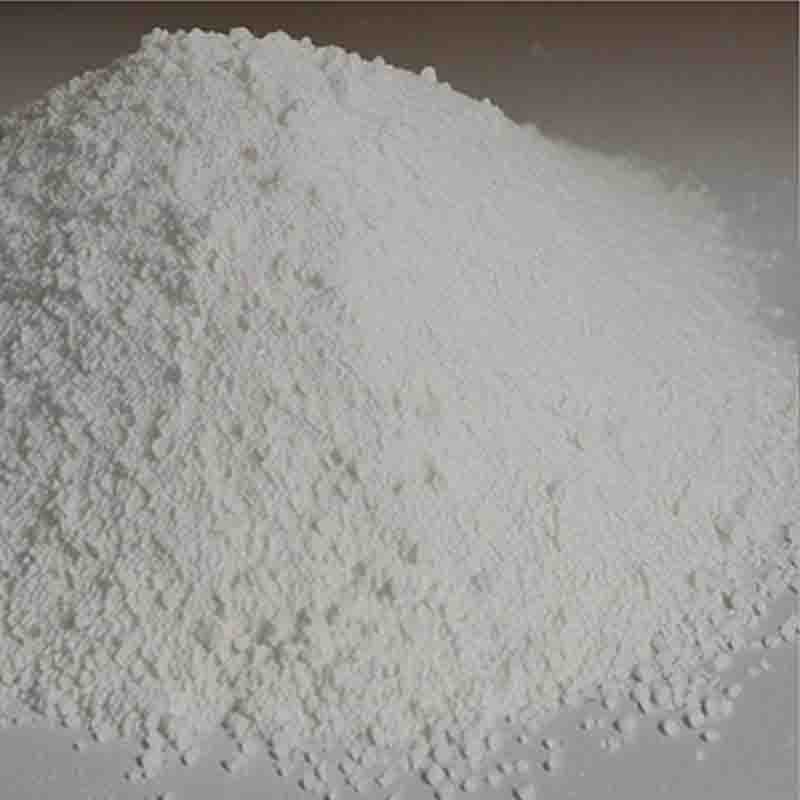thiazole CAS:288-47-1
| Catalog Number | XD96057 |
| Product Name | thiazole |
| CAS | 288-47-1 |
| Molecular Formula | C3H3NS |
| Molecular Weight | 85.13 |
| Storage Details | Ambient |
Product Specification
| Appearance | White powder |
| Assay | 99% min |
Thiazole is a five-membered heterocyclic compound that contains both a sulfur and a nitrogen atom in its ring structure. Thiazoles and their derivatives have gained significant attention in various fields, including pharmaceutical, agrochemical, and material sciences, due to their diverse biological activities and synthetic versatility. Here, we will discuss the effects and applications of thiazole compounds.One of the major effects of thiazole compounds is their antimicrobial activity. Many thiazole derivatives have been found to exhibit potent antimicrobial properties against a wide range of bacteria, fungi, and viruses. These compounds can inhibit the growth or kill pathogenic microorganisms, making them valuable in the development of new antimicrobial drugs. Thiazole antibiotics, such as thiostrepton and thiolutin, have been used in clinical medicine as effective treatments for various infections.Thiazole compounds also possess anticancer properties. Studies have shown that thiazole derivatives can inhibit the proliferation of cancer cells and induce apoptosis, making them potential candidates for cancer treatment. These compounds can target different molecular pathways involved in cancer development and progression, offering new avenues for the development of novel anticancer drugs.Another important effect of thiazoles is their insecticidal and acaricidal activity. Thiazole-based insecticides have been developed to combat various agricultural pests, including beetles, aphids, and mites. These compounds can disrupt the nervous system or inhibit essential physiological processes in the target organisms, leading to their death. Thiazole derivatives are also being explored as environmentally friendly alternatives to conventional pesticides due to their lower toxicity and biodegradability.Besides their biological activities, thiazole compounds have found applications in other fields as well. For example, thiazole-based dyes and pigments are utilized in the production of colorants for paints, textiles, and printing inks. Thiazole derivatives are also employed as components in the synthesis of organic semiconductors, polymers, and materials with specific optical or electronic properties.In conclusion, thiazole compounds exhibit a broad range of effects and applications, making them valuable in various scientific fields. Their antimicrobial, anticancer, insecticidal, and material properties have garnered considerable interest in the development of new drugs, agrochemicals, and functional materials. Further research and innovation in thiazole chemistry are likely to uncover more exciting applications for these versatile compounds.


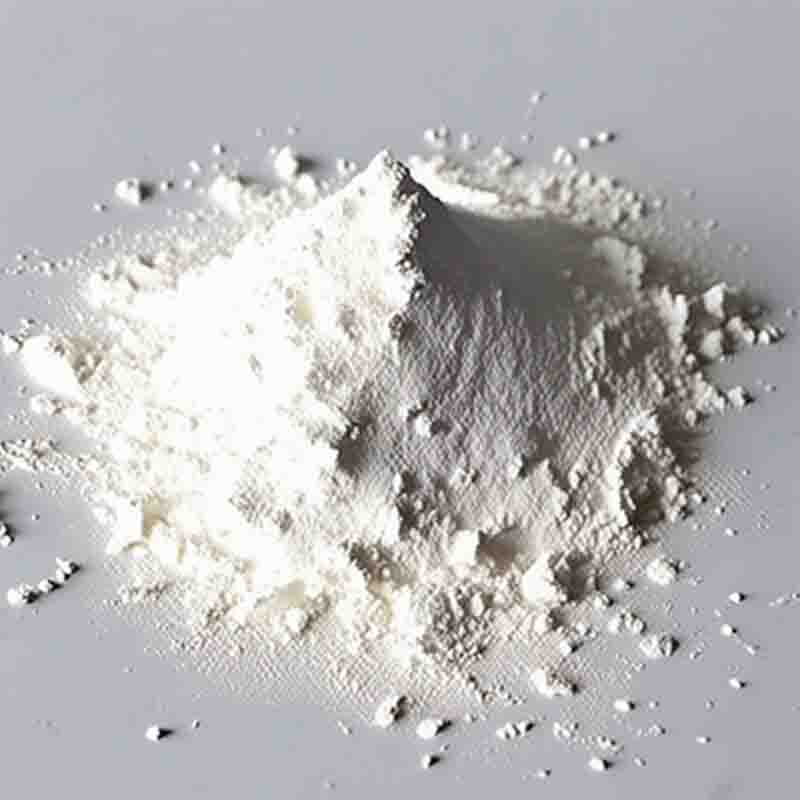

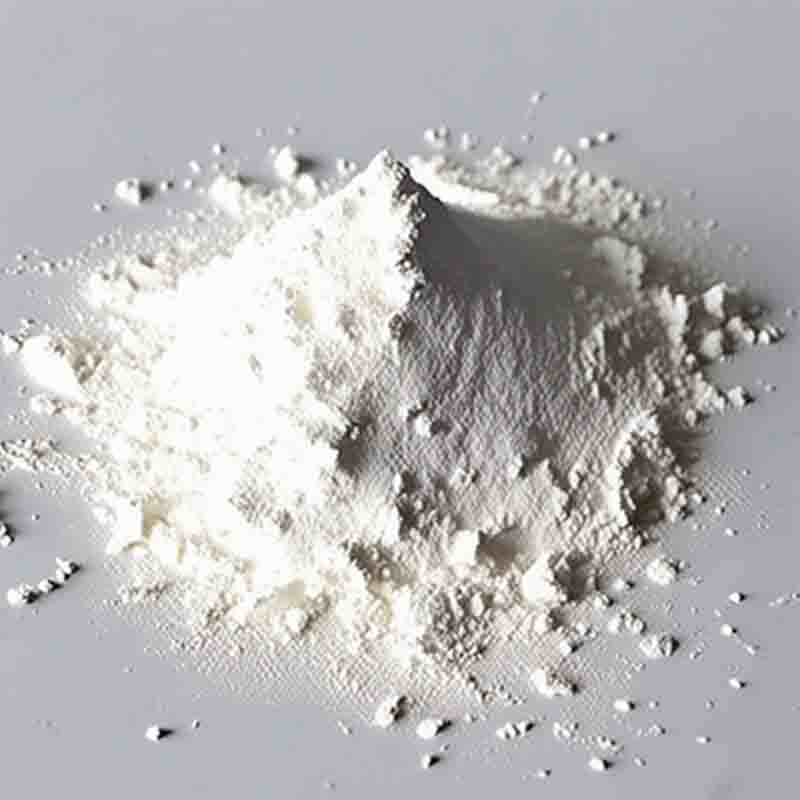
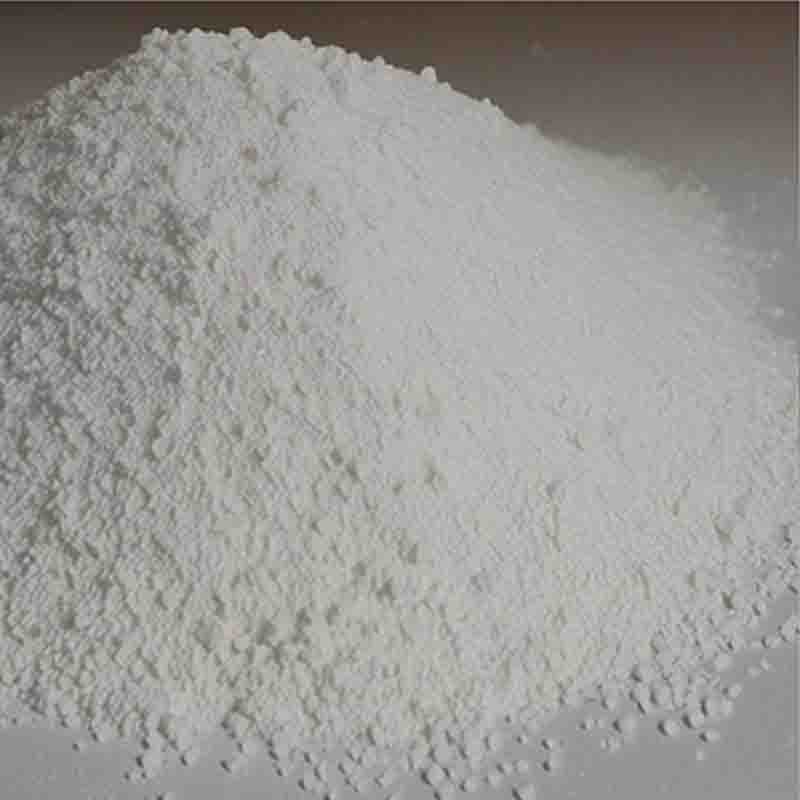
![S-(+)-Methyl-(2-chlorophenyl)[(2-(2-thienyl)amino] acetate hydrochloride CAS: 141109-19-5](https://cdn.globalso.com/xdbiochems/白色粉末1025.jpg)
